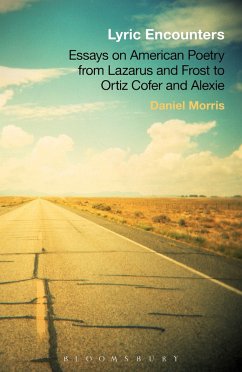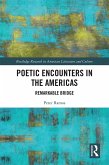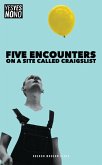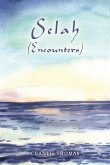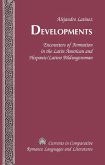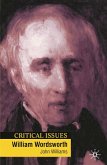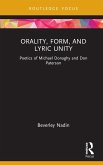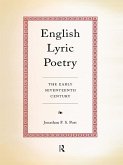A new survey of twentieth-century U.S. poetry that places a special emphasis on poets who have put lyric poetry in dialogue with other forms of creative expression, including modern art, the novel, jazz, memoir, and letters.
Contesting readings of twentieth-century American poetry as hermetic and narcissistic, Morris interprets the lyric as a scene of instruction and thus as a public-oriented genre. American poets from Robert Frost to Sherman Alexie bring aesthetics to bear on an exchange that asks readers to think carefully about the ethical demands of reading texts as a reflection of how we metaphorically "read" the world around us and the persons, places, and things in it. His survey focuses on poems that foreground scenes of conversation, teaching, and debate involving a strong-willed lyric speaker and another self, bent on resisting how the speaker imagines the world.
Contesting readings of twentieth-century American poetry as hermetic and narcissistic, Morris interprets the lyric as a scene of instruction and thus as a public-oriented genre. American poets from Robert Frost to Sherman Alexie bring aesthetics to bear on an exchange that asks readers to think carefully about the ethical demands of reading texts as a reflection of how we metaphorically "read" the world around us and the persons, places, and things in it. His survey focuses on poems that foreground scenes of conversation, teaching, and debate involving a strong-willed lyric speaker and another self, bent on resisting how the speaker imagines the world.

